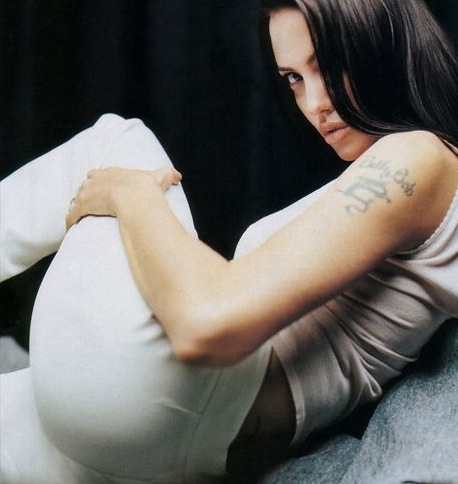 George Bailey is about to have a very bad day.
George Bailey is about to have a very bad day.When was the last time you watched "It's a Wonderful Life"? If it was recently maybe you remember that while the main story is all about George Bailey discovering how much the world would change without him, the underlying conflict is all about banks. George runs a bank, the Bailey Brothers Building and Loan; it was his father and Uncle Billy's business. And it's always just barely scraping by. Meantime, Old Man Potter's got a bank, too, it's the big bank in town, and it has long had its eye set on Bailey Building and Loan.
And early on, before Uncle Billy loses $8000 and drives George to the point of wanting to kill himself -- what the heck was with Uncle Billy, anyway? -- Bailey Brothers' experiences a run on the bank. That is, everyone comes at the same time to get their money out.
Now, if a bank were like a piggy bank, or like a set of safety deposit boxes, this wouldn't be a problem, would it? Because all the money would always be there. But again, banks don't work that way. In fact, by law (set by the Federal Reserve) a bank only has to have 10% of its deposited funds on hand at any time. The rest, it's free to invest, loan out, etc.
Now, I'm guessing -- but I don't know -- if I'm a small bank, PROBABLY I'm going to have more of that money on hand, because it would take a lot less to cause "a situation". Not a run, necessarily, but some uncomfortable moments.
Of course, if and when that were to happen, a bank could call another bank, get a very short term loan to get it through the day, the week, etc.

Many businesses in fact traffic every day in these sorts of loans, called commercial paper, with an exchange of billions of dollars happening. A major part of the problem post-Lehman Brothers has been that this market has dried up. That is, banks have become very unwilling to shell out these sorts of loans to one another and to other businesses, because no one has been confident that these loans -- which like I said are usually standard, no risk loans -- will be paid off. For this reason, some people talk about a liquidity crisis -- that is to say, business don't have the cash (that's the "liquid") which they need just to pay the staff and keep the doors open.
But that's a story for another day... Back to runs: during the Great Depression, there were runs on banks. People literally could not get their money out of their bank. Talk about blowing a hole in your vision of reality. In the wake of that event, in the Banking Act of 1933, the U.S. goverment created the FDIC -- the Federal Deposit Insurance Corporation, which guarantees any money put into any bank, up to $100,000. Which covers a lot of us. (The federal government wasn't the first to experiment with insuring bank deposits; in fact, New York state had been insuring certain deposits as early as 1829. They've always been precocious.)
Now... runs on banks and "It's a Wonderful Life" both lead into the flip side of all this banking material. I don't know about you, but when I put money in the bank I don't think of it as having a social function. But it does. My money isn't just used to make the bank money; it enables other people to buy their first house (or their second or their third), to send their kids to school, to make it through a rough patch. Without knowing it, we're all wonderfully interdependent and supporting one another.
Jimmy Stewart puts it a lot better than I can. Someone says, I'll take mine now. And he says, "Aw, no," (can't you hear him?):
Aw, no, you're thinking of this place all wrong. It's not as if I had the money back in a safe. The money's not here. Well, your money's in Joe's house, that's right next to yours. And in the Kennedy house and Miss Macklin's house. And a hundred others. You're lending them the money to build, and then they're going to pay that back to you as best they can. What are you going to do, foreclose on them?Here's that scene in full:
Clearly our banks today could use a lot more George Baileys at the helm.
I've got one last point -- "How Banks are Magic" -- but I'll save it for next week.
In the meantime, here's a very funny bank commercial:















No comments:
Post a Comment